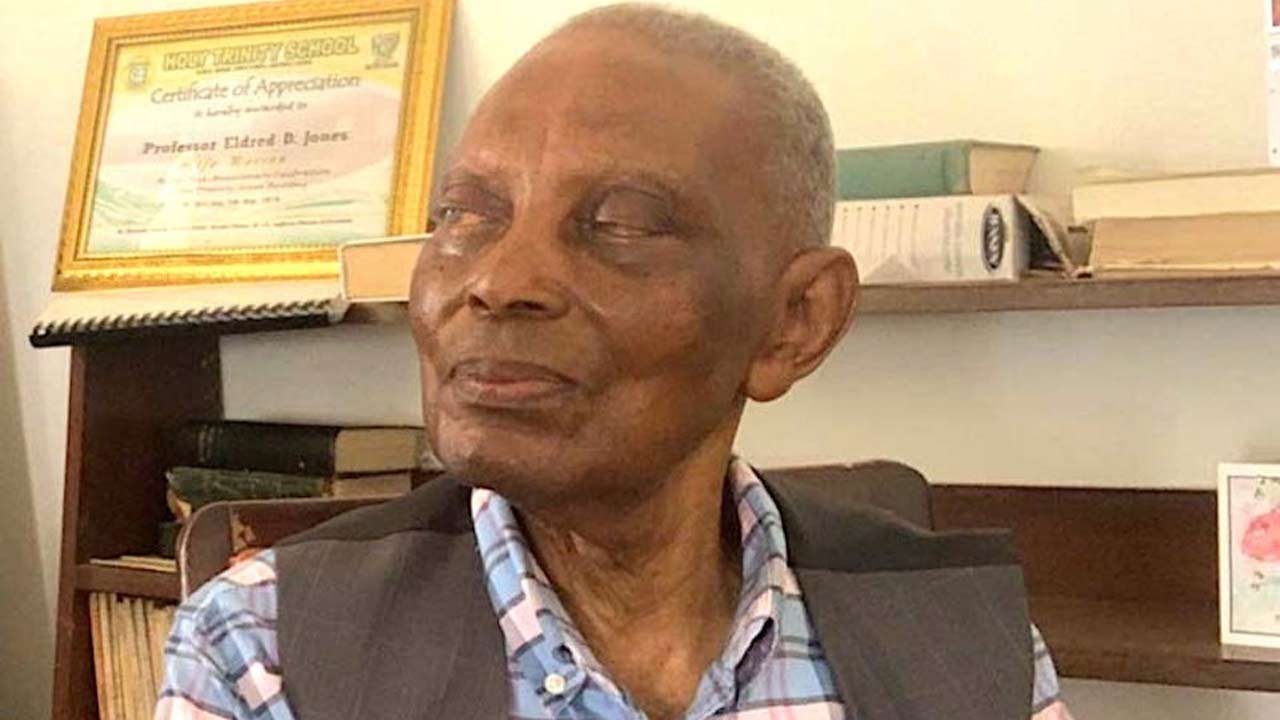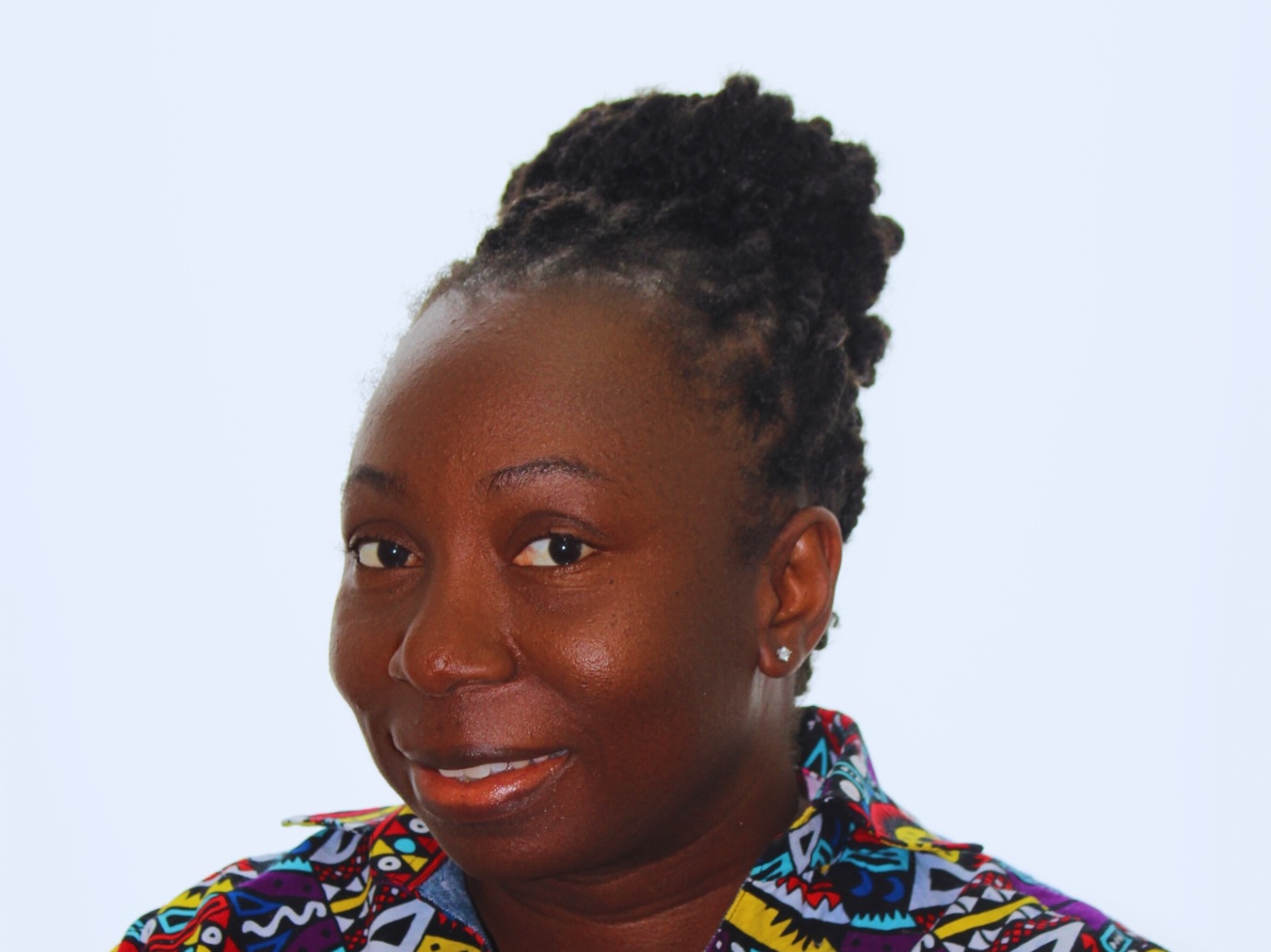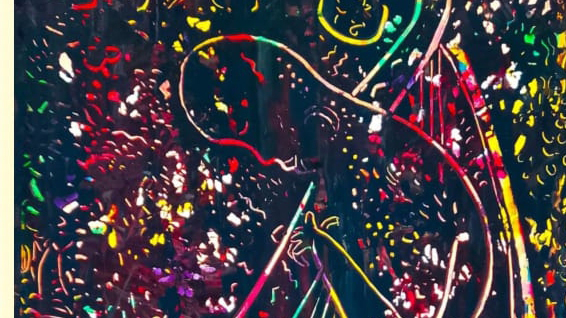
Don’t go out into crowded places. Don’t eat in public places. Socially distance yourself. Nobody hugs or shakes. Kisses and pecks have died. Every street is without any movement. The police are in constant motion and will arrest anyone outside his/her home. Everybody is now a zombie.
Since his demise, gamut of tributes has continued to come out to celebrate a defining character, whose mission was to show the light for others to follow. He blazed a trail in literary criticism that has birthed many more great scholars such as, Romanus Egudu, Dan Izevbaye, Donatus Nwoga, Abiola Irele, and not forgetting, Ernest Emenyonu, who incidentally, succeeded him as editor of African Literature Today.
He was the conductor that set the tempo for African literature orchestra. His output as one of of the most respected critics of the last century spoke volumes of his disposition as a disciplined, detailed academic.
Considered a central figure in the 20th century literary culture of Africa, Prof. Jones was one of the pioneers of the study of modern African literature and introduced unique perspectives in Shakespearean studies. He contributed tremendously to the opening up of works of celebrated playwrights, poets and novelists from the continent for scholarly criticism.
A Shakespeare scholar and acclaimed authority in English letters, Jones was there at the birthing of this literature, and up to the moment he breathed his last, he was one of its “crucial nurturers and sustainers”, as Professor Niyi Osundare puts in his tribute entitled, Farewell, Othello’s Countryman (Eldred Durosimi Jones).
Jones’ unique contribution to, as well as his particular perspective on, subjects such as identity, critical inheritance and decolonisation debunked garishness, vulgarity, tangential understatement and flippancy that valourised early study of African literary identity by Europe.
Said to be an erudite conversationalist and a cultivated man, who loved books and music, he inspired respect, admiration and affection because of his brilliance, warmth and decency.
Prof. Niyi Osundare said of Jones: “Witty, easy-going, and personable, he was the kind of elder/leader who put you at ease with a ready smile and sincere fellow feeling. One of Africa’s renowned scholars and university administrators, he carried himself with grace shorn of showy grandeur, simplicity ennobled by superb delicacy, a near-magical aura that announced his presence in the public square without the effort of any master of ceremony. A scholar and teacher with a monk-like fidelity to detail, Professor Jones taught and demonstrated that belief that no academic subject was too insignificant for the scholar’s investigation; no matter too little to attract their meticulous consideration.”
He added, “he was achingly conscious of the fact that for a people to be in a position to control their own destiny, they must, of necessity, be in charge of their own story. Africa’s story and the critical responses to it had, for the most part, been shaped and determined by forces beyond the continent, and the rise and evolution of written modern African literature as we know it today were supreme attempts at the redressing of a gross exogeneist and colonial disadvantage.”
Though scholarly attention to African writing had begun to emerge in the 60s with works such as, Es’kia Mphahlele’s The African Image (1962) and The African in English Renaissance Drama (1965), the African Literature Today (ALT), which Jones edited, will later become a light, providing rare perspectives that appealed to a very broad audience. In fact, the emergence of African Writers Series (AWS), and subsequently, ALT helped literary criticism to flourish in the continent.
AWS is a series of books by African writers that has been published by Heinemann since 1962. It ensured an international voice to major African writers — including Chinua Achebe, Ngugiĩ wa Thiong’o, Steve Biko, Ama Ata Aidoo, Nadine Gordimer, Buchi Emecheta and Okot p’Bitek.
The AWS created a forum for many post-independence African writers, and provided texts that African universities could use to address the colonial bias then prominent in the teaching of literature.
With a mixture of clarity and excellence, the books were designed for classroom use, printed solely in paperback to make them affordable for African students.
These books shaped the teaching of African literature; thus, greatly influencing the direction of what was essentially a complex and flippant narrative about the continent.
The idea of the series came from Heinemann executive Alan Hill, who “recognised that the nascent post-colonial publishing industry was not supporting the growth of original African literature.” The first advisory editor to the series was the Nigerian Chinua Achebe – who became one of Africa’s most famous writers. Achebe focused first on West African writers, but soon the series branched out, publishing the works of Ngugi wa Thiong’o in East Africa, and Nadine Gordimer in South Africa. Achebe left the editorship in 1972.
James Currey, the editorial director at Heinemann Educational Books in charge of the African Writers Series from 1967 to 1984, has provided a book-length treatment of the series entitled, Africa Writes Back.
African Literature Today, founded in 1968 by Heinemann Publishers, London, is the oldest international journal of African Literature in the world. It began as a twice-yearly publication but changed with its fifth issue on The Novel in Africa, in 1971, to a once-yearly publication.
For three decades, the Sierra Leonean-born Professor edited the journal. In 2000, when Prof. Jones retired as Editor Emeritus, the editorship passed on to Professor Ernest N. Emenyonu whose appointment was hailed as ‘a very good omen for African Literature’ by Nobel Laureate, Wole Soyinka, and by Africa’s legendary leading novelist, Chinua Achebe as, ‘a most appropriate and logical development, and a very happy event for Africa.
The journal created a critical environment for the AWS. Its reflexive engagement with a literary tradition that was considered to wallow in primitivism by the colonial conquistador opened up new possibilities in identity. Through Jones’ direction, there was a vertical expansion of new modernist studies to encompass popular cultures from Africa and the Diaspora.
Born in Freetown on January 6, 1925 to Ethline (nee John) and her husband, Eldred Jones, a customs officer, in 1925, Eldred Jr. was educated at the CMS (now Sierra Leone) grammar school and Fourah Bay College. He then went to Corpus Christi College, Oxford, where he gained a degree in English language and literature in 1953.
He returned to Fourah Bay College, Freetown, Sierra Leone, the oldest university institution in sub-Saharan Africa, that year, rising through the ranks of lecturer, senior lecturer and, by 1964, professor and head of the English department. The college was affiliated to the University of Durham, and he earned his PhD, on the treatment of black characters in Elizabethan and Jacobean drama, from Durham in 1962. In 1974, he was made principal of the college and pro-vice-chancellor.
Jones was an outstanding lecturer and his students learned how to think about literature by emulating his example. He was not only an enabling force and nurturer of a burgeoning literary tradition; he was also one of the continent’s leading scholars and literary figures.
A resilient and adaptable man, Jones, who had retired from Fourah Bay College in 1985, when he noticed that he was losing his sight, Jones immediately began to learn Braille to continue his scholarly pursuits.
After he lost his sight in middle age, his wife, Marjorie (nee Pratt), a dress designer whom he married in London in 1952, supported his work. This was recognised when the African Studies Association of the UK gave them jointly its Distinguished Africanist award for 2002. In 2002, he was also elected an honorary fellow of Corpus Christi College.
In his piece, On the death of Eldred Durosimi Jones, Prof. Tony Afejuku said, Jones’ “devotion in spite of his total blindness reminds me of John Milton’s total devotion to art despite his blindness. Literary history informs us that John Milton (1608-74) dictated his greatest works – the epic poems Paradise Lost (1667; 1674) and Paradise Regained (1671) and the verse drama Samson Agonistes (1671) — to his daughter (who wrote them down) in his state of blindness. Professor Jones, on his part, had his wife Marjorie Jones (nee Pratt), who predeceased him in 2015, by his side to lend support to his eternal devotion to the life of theoretical and critical inquiry. And that Marjorie Jones was a fashion designer, who became a reader to her husband and writer of his books after he became totally blind, speaks volumes of the kind of education they received in the 1940s and 1950s, the kind of education we no longer can get in Africa. In fact, the education of their time was as clean as clean education could and can be. Which government in Africa today can give us clean education?”
His work, The Writing of Wole Soyinka (1973), was the first book-length study of the first Black African to win the Nobel Prize for literature. But by far his most famous work is his 1965 book, Othello’s Countrymen: The African in English Renaissance Drama, which won the criticism prize in the first World Festival of Negro Arts (now World Festival of Black Arts) held in Dakar in 1966; however, as Eldred was then Commonwealth fellow at the University of Leeds, he was unaware of the fact until his landlord gave him a copy of the Guardian of London report. Other publications include, The Elizabethan Image of Africa (1979) and his memoir, The Freetown Bond: A Life under Two Flags, which was published in 2012.






